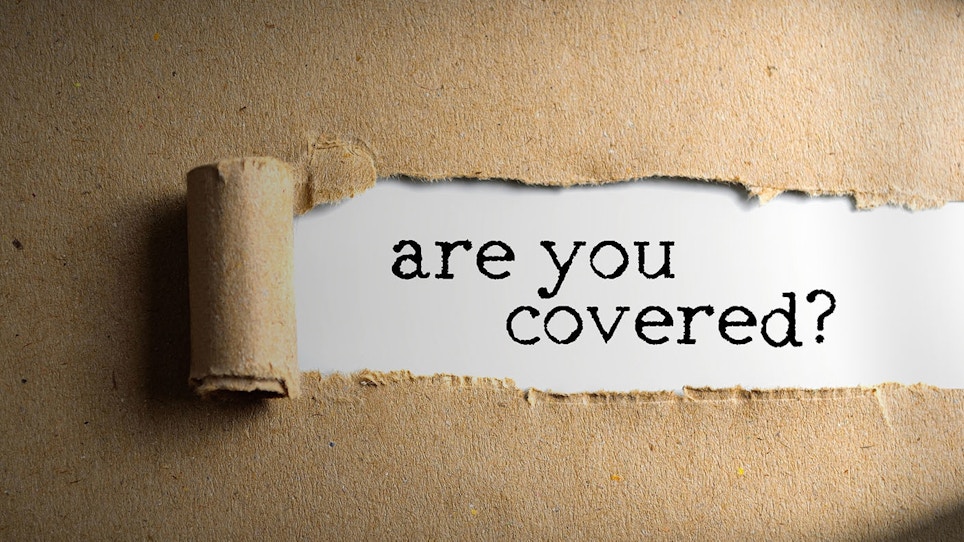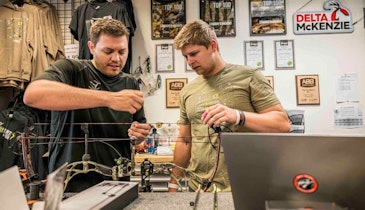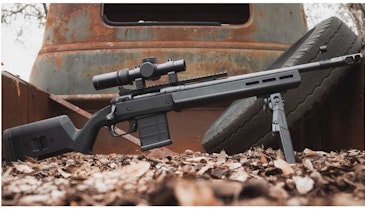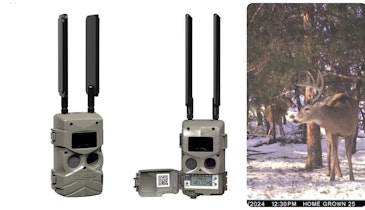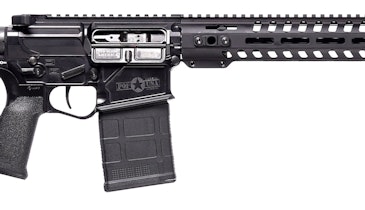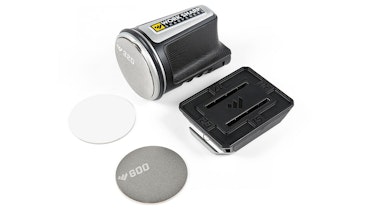It’s not easy to think about insurance, but if you own a business, it’s too important to ignore. The right insurance and the right amount can be the difference between withstanding an unexpected catastrophe or being destroyed by it.
In our personal lives, we get insurance for our cars, our home and our health. For business, what you need will vary, but there are some basic kinds that contractors especially need, says Jim Venturini. Venturini is an account executive with David Insurance, an independent, locally owned broker in Racine, Wisconsin.
Liability. There’s a risk that sooner or later, your work could lead to someone else getting injured. Liability insurance protects your assets from a lawsuit and helps pay for a lawyer to defend you in court. And you should include three specific kinds of liability coverage, too:
- Premise liability. Premise liability coverage insures property damage you accidentally cause when you’re working away from your shop on a job site. That’s especially important if most of the work you do is on the customer’s property, such as deliveries or gun safe installs.
- Completed operations liability. Suppose you’ve made a mistake in your work that causes damage after you’re finished, even months later. “You want to make sure you have coverage for that in place as well,” Venturini says.
- Employer practice liability. Employees or ex-employees can sue you for discrimination, harassment, wrongful termination, or other grounds. Employer practice liability insurance covers your defense costs and liability for unintentional actions leading to such a lawsuit.
Worker’s compensation. An employee injured on the job can’t sue you, but he or she can file a claim under your state’s worker’s compensation system. Private insurers provide coverage against such claims.
Vehicles. As with your personal vehicle insurance, you’ll cover your company’s liability for damage a company vehicle might cause someone else, and you’ll cover the cost of damage to your vehicle.
Property. Just as your home does, your business property — office, shop, warehouse if you have one — need coverage in case of fire, storm damage or some other cause.
Business income. Damaged vehicles and buildings don’t just cost you the repairs — they deprive you of money you cannot make until they’re fully operational again.
“You may lose some income during that time, and you may have to pay some extra expenses,” Venturini says, noting examples such as a temporary office trailer or temporary telephone lines. “Those extra expenses can be covered by a business income insurance policy. That way, you don’t have the extra burden of having to pay cash out of your pocket.” Because cash is probably in short supply, too.
How Much Do You Need?
Vehicles and real property should be insured at replacement cost, Venturini says. If you don’t, what you get back could just reflect the lost asset’s value after it has depreciated — nowhere near what it would cost to rebuild the building or buy a new vehicle.
Vehicle replacement cost should be easy to figure. Building replacement cost will be based on the square footage multiplied by a dollar figure that depends on building material costs and labor rates in your market. Where Venturini is based in the Midwest that can range from $75 to $125 a square foot; where you are might be higher.
For a small to mid-sized business, liability policies usually have a $1 million limit, Venturini says. Worker’s compensation coverage must meet minimum levels set by state law.
And for most situations, that’s likely to be plenty — but you’ll want one more kind of insurance: an umbrella.
Like its namesake, an umbrella insurance policy goes on top of everything else. An umbrella policy might be valued at $1 to $5 million. It kicks in only after another policy is exhausted — when things get really bad, in other words.
The umbrella will be cheaper than the first-line policies, because your chances of a claim against it are a lot smaller. But don’t think you can just get the umbrella and skip the rest. “There’s going to be minimum requirements for your underlying policies in order to get an umbrella,” Venturini says.
You should expect to sit down with your insurance broker yearly to review your coverage, making sure it’s adequate and is keeping up with any price inflation.
Comparison shopping is sensible, but don’t just look at the price. An insurance provider who knows your industry can probably provide a total package that covers your needs at a single, flat rate.
So-called “bare bones” policies, Venturini says, might seem inexpensive. But with them, you risk not having the protection you think you’re paying for – and that you need.
